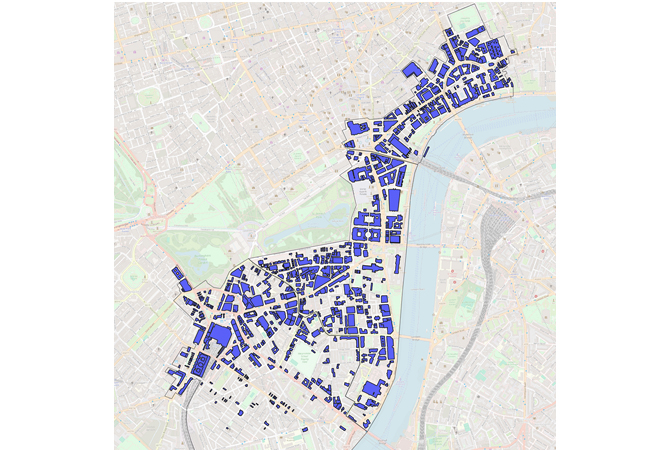An Aston University project to make it easier to retrofit Ukraine’s domestic heating systems with heat pumps has received nearly £1m from the UK government.
The government has earmarked £16m to support the recovery and future sustainability of Ukraine’s energy system, which continues to be battered by Russian drone and missile attacks on its power stations and electricity grid. It will also help with the phase out of fossil fuels and support the country’s post-war recovery.
The investment includes almost £1m for work by Dr Muhammad Imran, senior lecturer in engineering and technology at the university, and his collaborators to develop and commercialise cascade heat pumps. Dr Imran will work with the Institute of Engineering Thermophysics of the National Academy of Sciences of Ukraine, Heat Pumps VDE LLC and other partners to make the new technology easier to retrofit into existing domestic heating systems. The project will involve swapping conventional boilers for heat pumps without expensive modifications to distribution systems.
A demonstration system that aims to deliver significantly higher temperatures than existing technologies will be installed in Ukraine. Dr Imran said ‘the cascade heat pump system provides high-temperature hot water for space heating – even in severely cold weather. This is important because Ukrainian winter temperatures usually range between 2°C to -4.8°C, but can reach as low -21.6°C. In addition, our system will allow Ukraine to save energy and reduce its dependence on natural gas for heating and decrease its reliance on imports.’
Ukraine’s minister of energy, Herman Halushchenko, said: ‘For Ukraine, this is a matter of national security. I am sure that the implementation of the project is of great importance for future cooperation between Ukraine and the UK in the energy sector.’
The government initiative involves more than 50 UK and Ukrainian organisations, and will receive an additional £5m from the private sector.




